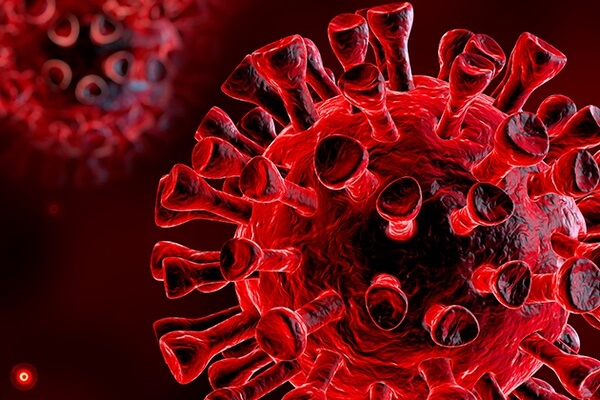COVID-19 & Water
As the world continues to grapple with the COVID-19 pandemic, questions about the virus’s potential transmission and/or persistence in drinking water and wastewater are being asked.
The World Health Organization has issued guidance on water, sanitation and health care waste which is relevant for viruses (including coronaviruses). It can be found here.
The U.S. Environmental Protection Agency and Occupational Safety and Health Administration have also issued guidance. It can be found using the links below:
- https://www.epa.gov/coronavirus/coronavirus-and-drinking-water-and-wastewater
- https://www.osha.gov/SLTC/covid-19/controlprevention.html#solidwaste
The National Association of Water Companies, the American Water Works Association and the Association of Metropolitan Water Agencies have also issued a joint statement reassuring the public about the safety of tap water. You can read it here.
UV inactivation and advanced oxidation systems treat water against microorganisms. Every day, our UV systems treat billions of gallons of water and wastewater around the world in municipal, industrial, and residential applications.
Featured Posts
La primera planta piloto de reutilización de agua potable en Europa utiliza Trojan UV AOP
Trojan se enorgullece de formar parte del proyecto de purificación de agua AIGUANEIX del Consorci d'Aigües Costa Brava Girona Trojan Technologies se complace en compartir que formamos parte del proyecto piloto de reutilización de agua AIGUANEIX de la Diputació de...
First Potable Reuse Demo Plant in Europe uses Trojan UV AOP
Trojan is proudly part of the Consorci d'Aigües Costa Brava Girona’s AIGUANEIX water purification project Trojan Technologies is excited to share that we’re part of Diputació de Girona and Consorci d'Aigües Costa Brava Girona’s AIGUANEIX water reuse pilot project at...
Trojan Technologies Opens First U.S. Distribution Facility in Grand Rapids, Michigan
On March 3, 2025, Trojan Technologies celebrated the grand opening of its first U.S. distribution center in Grand Rapids, Michigan. This strategic expansion underscores the company's dedication to enhancing customer experience and optimizing the delivery of its...





